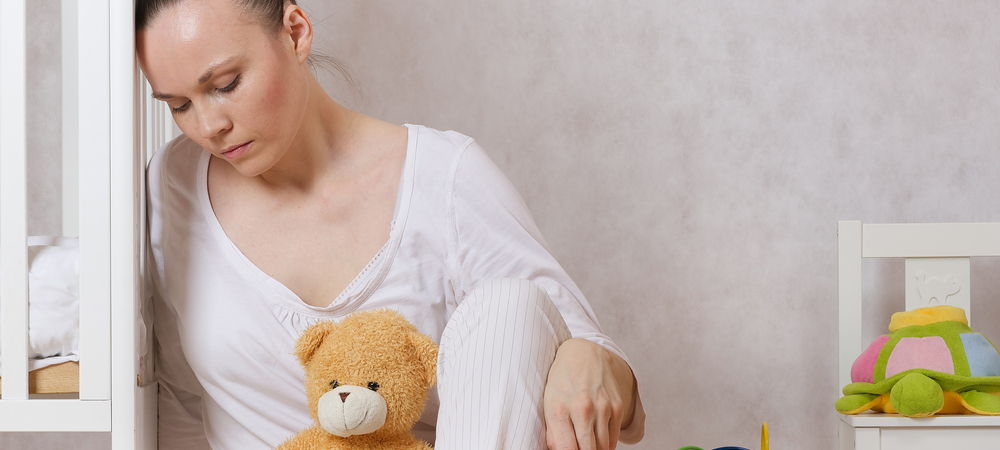
New moms: Know the signs of postpartum anxiety and depression
Ask any mom, and she’ll tell you that motherhood brings a whole range of emotions. Some of these big feelings are normal. But sometimes, they may be a sign of something more.
New moms are at an increased risk of depression, anxiety, and other mood disorders. However, many are still hesitant to talk about their symptoms. Learn what signs to look for in yourself or someone you love and when it’s time to talk to your OB GYN.
Understanding the “baby blues”
It’s estimated that 80 percent of women have the “baby blues,” according to the March of Dimes. These common feelings may include periods of sadness or feeling overwhelmed. In general, these normal feelings get better on their own as you settle into your new role as a mom.
However, “baby blues” shouldn’t continue for an extended time—past the first couple of weeks after having a baby. If they continue or get worse, then these symptoms could indicate a postpartum mood disorder.
Postpartum depression
In recent years, there’s been even more awareness about how common postpartum depression really is. The reported numbers vary by state. But the CDC says anywhere from 11 to 20 percent of new moms have postpartum depression.
Postpartum depression has many symptoms. Some common ones include:
- Loss of interest in everyday activities or things you enjoy
- Strong feelings of hopelessness, guilt, sadness, or restlessness
- Inability to make decisions or trouble concentrating
- Sudden changes in appetite or sleep (even when your baby is asleep)
- Continuing doubts about your ability to bond with or care for your baby
Some women with postpartum depression may have suicidal thoughts or thoughts about causing harm to their babies. If you’re experiencing these symptoms, get help immediately.
Postpartum anxiety
Sometimes postpartum depression and postpartum anxiety go hand-in-hand. But you can have one without the other. A study in the Journal of Women’s Health showed that 18 percent of new moms said they had postpartum anxiety symptoms.
Some postpartum anxiety symptoms to watch for include:
- Overwhelming worry
- Intense feelings of panic, fear, or that something bad will happen
- Racing thoughts or inability to sit still
- Heart palpitations, nausea, hot flashes, or shaking
Finding support
Because postpartum mood disorders are so common, it’s important to remember you’re not alone. Don’t be afraid to contact your OB GYN and ask for help. He or she may ask you a series of questions to help confirm your symptoms and make a diagnosis.
Postpartum depression and anxiety are medical conditions. They can be treated. With the right support, you’ll be able to find the treatment that works best for you. Then, you can take steps toward feeling more like yourself again—for you and your baby.
